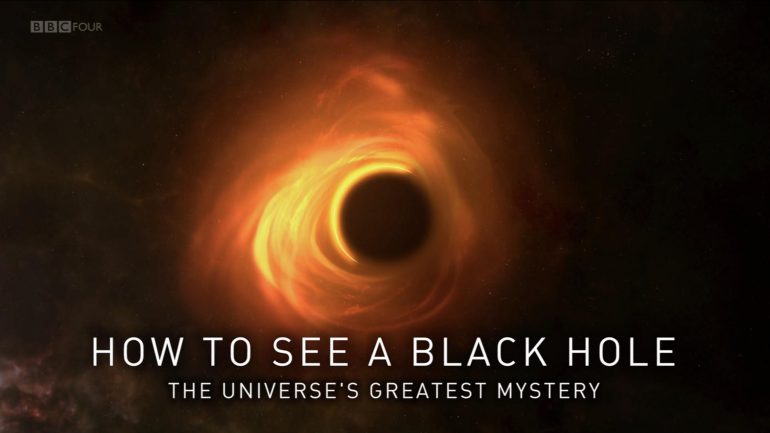Of all the wonders in our cosmos, one object has remained hidden to the greatest scientific minds, that being a black hole. A region of space where the pull of gravity is so powerful that nothing at all can escape if it passes the event horizon. This is a specific limit that surrounds a black hole, it separates what is inside and what is outside. Once anything crosses that boundary, it is gone forever, that includes light itself hence the name “black hole”. Most scientists today believe that these black holes exist but nobody has ever actually seen one, so can we really be sure they exist? Could this fundamental understanding of our universe and how it works be wrong?
Enter Dr Sheperd Doeleman of the Smithsonian Astrophysical Observatory and the work of the Event Horizon Telescope project team, a team of international astronomers who are on a mission to take a photo of a black hole. The team’s director has dedicated his life to take the first-ever picture of a black hole. It is an extremely difficult task and for two years the BBC cameras have followed these scientists to the most hostile environments in the world as they build a revolutionary telescope that is the size of planet Earth. If they succeed, a picture of a black hole would challenge the theories of Albert Einstein and could pave the way to a new era of physics, it will be one of the most thrilling discoveries of our age. This is the inside story of the mission to capture the first real picture of a black hole.
This international effort combines several radio observatories and telescope facilities from around the world in order to make up a virtual telescope that has a diameter spanning the entire planet. This mega-telescope is known as the Event Horizon Telescope, click here to see the various locations of the participating telescopes.
In this BBC special we are taken inside the laboratories, behind the computer screens and beside the telescopes of what may prove to be one of the great astrophysical achievements in human history.
Directed by: Henry Fraser




0 Comments / User Reviews